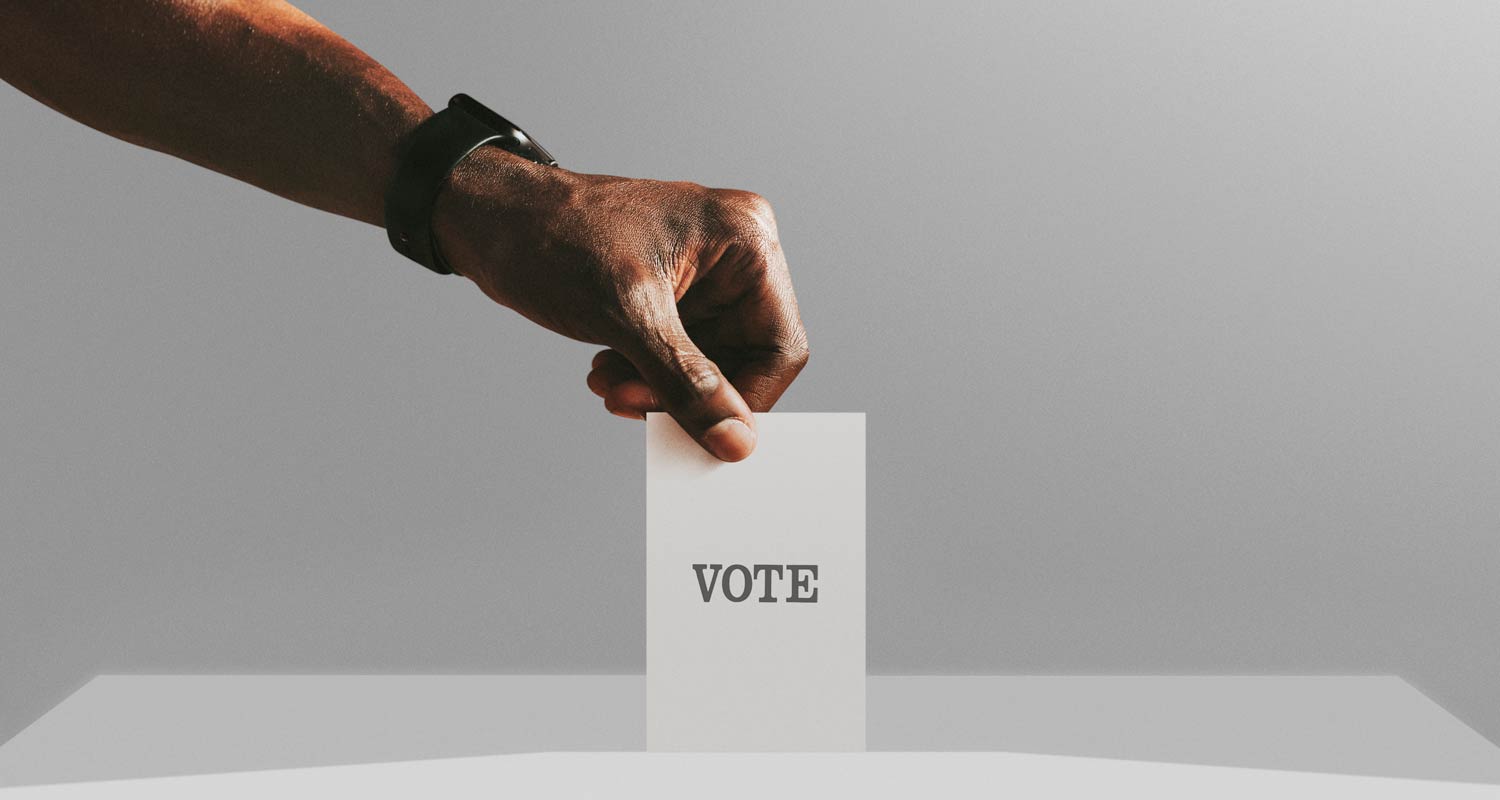 The ANC looks set to fall well short of obtaining a parliamentary majority for the first time since it came to power at the end of apartheid three decades ago, a model developed by the CSIR shows. The rand weakened.
The ANC looks set to fall well short of obtaining a parliamentary majority for the first time since it came to power at the end of apartheid three decades ago, a model developed by the CSIR shows. The rand weakened.
The governing party is on course to win just 42% of the votes cast in Wednesday’s national election, according to projections from the CSIR, which are based on an extrapolation of early tallies released by South African electoral commission.
If the projections prove accurate, the ANC will probably need to partner with one of its biggest rivals to retain power, giving it the choice of the market-friendly Democratic Alliance or one of two populist parties that back the nationalisation of mines and banks. The prospect of an unstable coalition is unnerving the financial markets, given that they would likely insist on policy changes that would deter investment.
The rand weakened as much as 1.6% and traded at R18.67/US$ by 9.47am in Johannesburg. Stocks also tumbled, with the FTSE/JSE Africa All Share Index falling as much as 1.9%. The yield on local-currency bonds maturing in 2035 rose 17 basis points to 12.2%, a five-week high.
The CSIR model, which has proved broadly accurate in previous elections, was run using declared tallies from 8.24% of voting districts.
The model also shows that:
- The Democratic Alliance, currently the main opposition party, is likely to win 22.3% support nationally;
- The Economic Freedom Fighters is on track to garner 9%; and
- The MK Party, which is led by former President Jacob Zuma, is expected to win 12.8%.
The projections, which were aired by the public broadcaster and don’t constitute an exit poll, are broadly in line with most forecasts from opinion polls that were conducted before the vote. Final results are expected to be announced over the weekend.
Support for the ANC has dwindled amid widespread disgruntlement over a moribund economy, a 33% unemployment rate, one of the world’s highest crime rates and the collapse of government services in many areas.
Reforms
Reforms instituted by President Cyril Ramaphosa’s administration, including addressing energy shortages and tackling snarl-ups on railways and ports, appear to be bearing fruit. Analysts see GDP expanding 1.1% this year, up from 0.6% in 2023, and advancing further in 2025.
The CSIR model has about a 2% margin of error, according to Sandile Malinga, the group executive of the CSIR’s Smart Society.
While the projections tend to be the most precise for the big parties, they are less so for smaller and newer ones, such as MKP, he cautioned. Results from about 15% of the voting districts need to be declared to obtain accurate projections for the nine provinces, he said in an interview. — Reporting with assistance from Alister Bull, (c) 2024 Bloomberg LP




